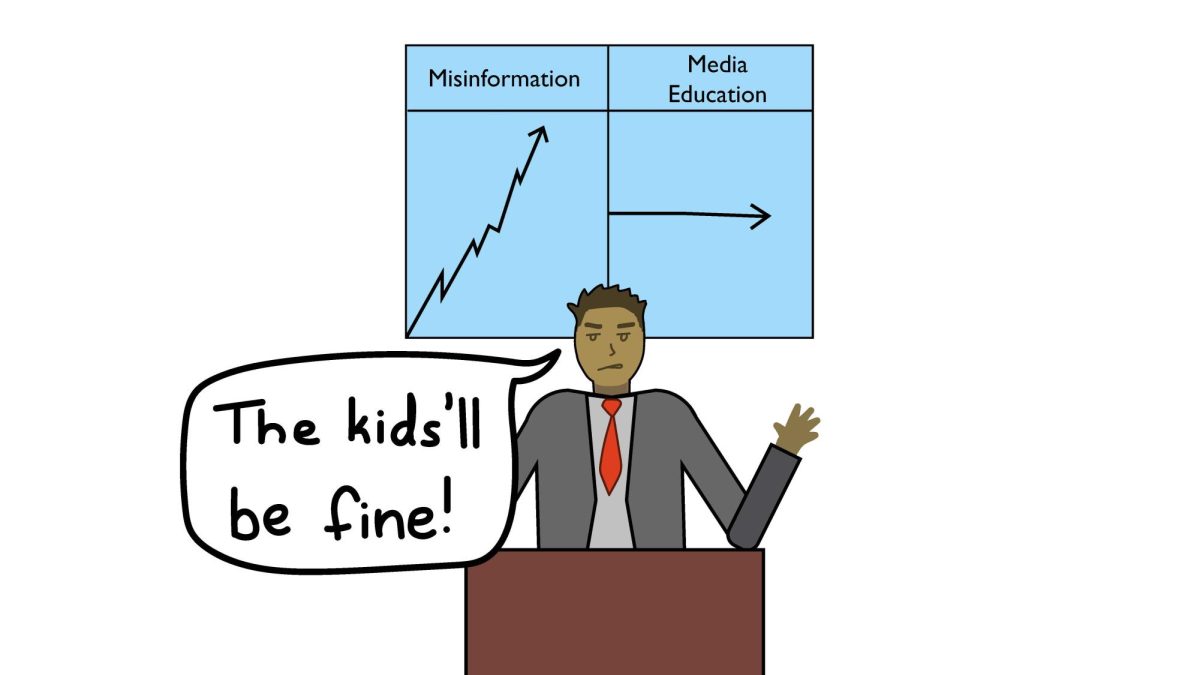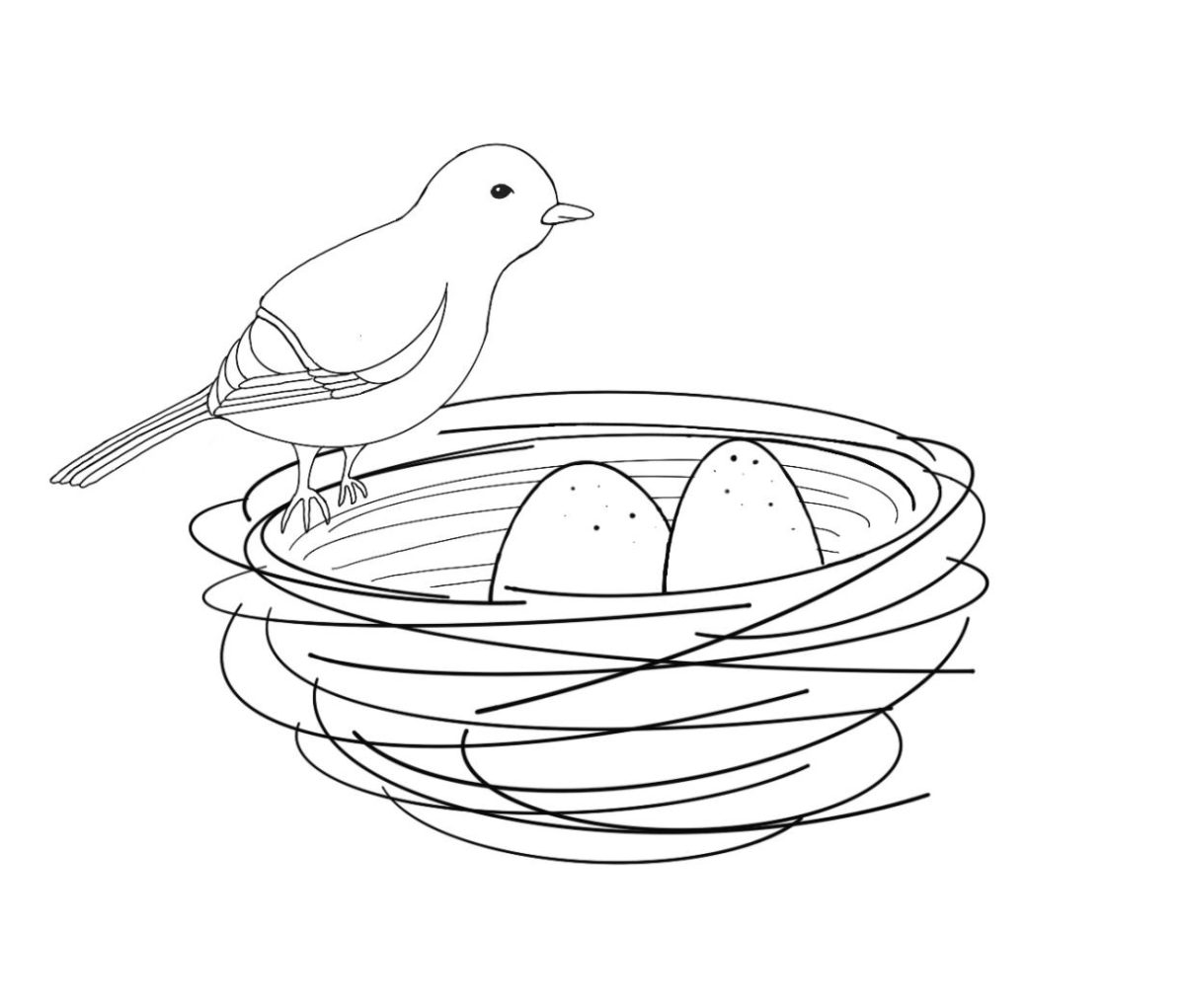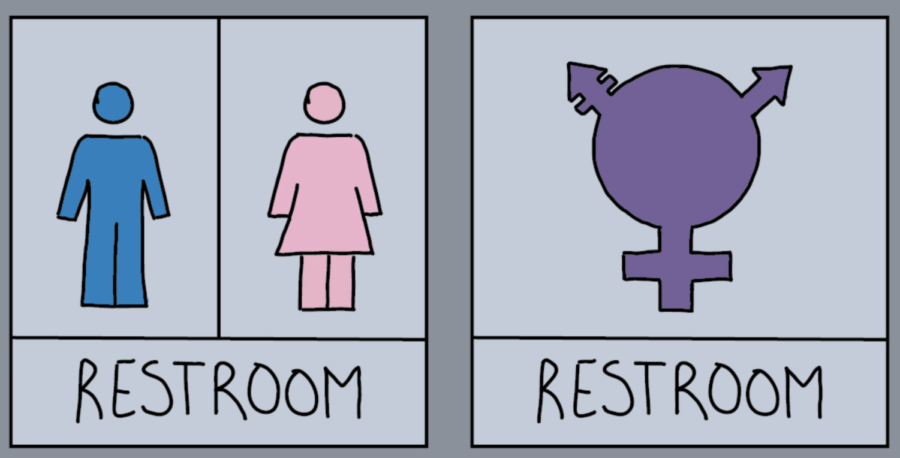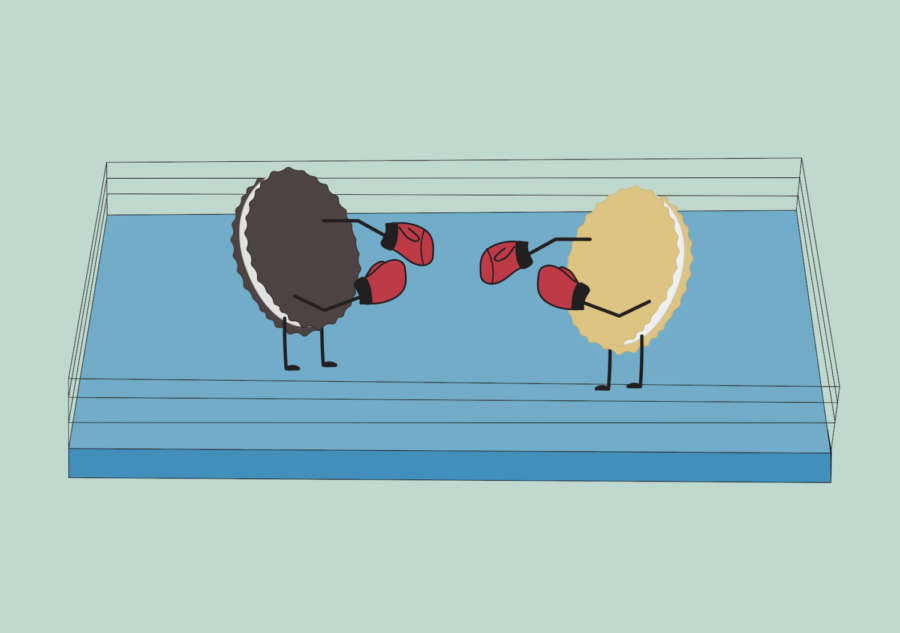Point: Be proud
People cannot help but compare. It is in our nature to compare ourselves and our actions with others. Every day, students share academic achievements with peers; test scores, class grades and college decisions spread throughout the school by word of mouth or via social media. Students comparing their achievements with one another may seem intimidating, but it’s harmless. Every student has their own unique strengths, and one’s intelligence or ability can’t be simply measured based on a score or grade.
For instance, the SAT and ACT offer students an opportunity to peer into their ability for potential success in college. However, neither test measures the full academic merit of a student. Instead, these standardized tests only provide information admissions officers can use to make general predictions about that student’s prospects for academic success at that specific college. Therefore, sharing SAT or ACT scores shouldn’t make other students feel inferior.
Generally speaking, sharing test results is vital to creating a balanced, motivated academic community where students become aware of how they stand relative to their peers, especially when it comes to the stressful process of college admissions. Without grade sharing, students have no point of reference to show them whether to improve or maintain their current work ethic. This point is magnified even more for underclassmen, who can use the success and achievements of upperclassmen to guide their own academic ventures.
Even so, students have the option not to participate if they feel insecure about their scores and have the added opportunity to avoid social media posts of other people’s test scores by simply not viewing them or by scrolling past them.
College decisions are a touchy subject that can divide students. Some may experience turmoil when they see peers get into colleges they were rejected from, but college admissions is a complex process. Statistics such as test scores are only one part of an application and are likely not the reason someone was accepted or rejected at any given college. Understanding that colleges look at a multitude of figures to determine whether to accept or reject an application allows students to celebrate the successes and accomplishments of their peers, which is fundamentally what sharing college decisions is.
Social media accounts dedicated to students’ college decisions, which already exist in the form of ASB-run senior decisions Instagram pages, allow peers to congratulate each other and recognize each other’s accomplishments.
Additionally, this separate social media account allows those who don’t wish to seek this information to disregard the college decisions of their peers and therefore mitigate any negative thoughts or feelings. There should be no reason not to celebrate someone’s achievements and accomplishments. Students should not have to suppress their own joy just to respect others’ feelings. Arguably, college admission is the biggest event in one’s adolescent life, and it calls for celebration before one begins the next chapter in their life.
Ultimately, it’s human nature to want to compete with other people. Just because someone wants to know where they stand in relation to others doesn’t make them think badly of their peers or vice versa. Grades don’t embody the person, so a comparison of grades can only bring positive results.
Counterpoint: Humility is key
As always, social media encourages people, especially teenagers, to compare themselves to others. For this reason, kids tend to get very stressed and insecure when they stumble across posts from their friends on social media about academic achievements.
It’s common for students to post about their grades, test scores or college admissions on social media. Kids usually do this either for reassurance or congratulations. For example, consider a student who got a 90% on a test they could’ve liked to do better on. If they post their score online and receive congratulations for doing as well as they did, they’ll likely feel better about themselves. Now consider a student who got a perfect score on the SAT, which they spent hours studying for. If they post that score online, they’ll likely receive praise from their friends, which makes all that time spent studying feel well spent. That’s good for them, but when other people see posts from their friends about their good grades or SAT and ACT scores, they usually feel bad about their own academic standings.
However, social media isn’t the only or best place to receive this validation. Because getting good grades and test scores sets students up for better futures, students can feel good about doing well in school without posting about it. But since it feels better to receive external validation instead of relying solely on internal validation, students continue to post about their good academic standings.
Anyone who’s ever had the excruciating experience of bombing a test and opening up Instagram to see their friend got an A knows that posting about grades and test scores on social media doesn’t benefit the audience the same way it benefits the poster.
According to the Child Mind Institute, social media encourages adolescents to compare themselves to others, which can result in depression, low self-esteem and anxiety. For every student posting about a good grade on social media, there’s a kid who didn’t do as well looking at that post and feeling bad about themselves.
Even worse than sharing grades and SAT and ACT scores on social media is sharing college acceptances. Although grades are important, and SAT/ACT scores are often an even bigger deal, getting accepted into college is a lifetime achievement. For this reason, when students post about getting into college, they can make their peers feel anxious and insecure. Students who haven’t heard back from their top college may get nervous seeing posts from their friends saying they got into their first-choice schools. These posts make the panicked “Will I get in?” question grow even louder inside their head. Similarly, students who were rejected from their top college will likely feel miserable seeing posts from their friends celebrating getting into their first choices. Seeing these posts can make going to one’s top school feel like a party everyone’s been invited to but them.
Yes, posting about academic achievements on social media can give the person doing the posting a confidence boost, but that comes at the expense of others, whose confidence may suffer from seeing posts from their friends doing better than them. Therefore, unless someone is out to make their followers feel bad, which they shouldn’t be, they should keep their grades, SAT/ACT scores and college acceptances off of their social media accounts.


















